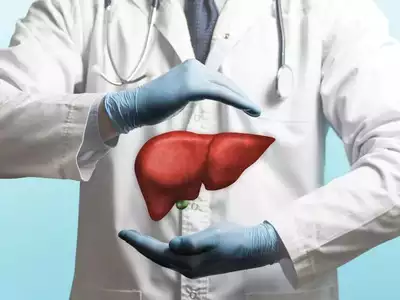The effects of long COVID on severe liver injury and liver stiffness
The effects of long COVID on severe liver injury and liver stiffness are becoming increasingly apparent as more research is conducted. Severe liver injury, including increased liver stiffness, can be caused by an infection with the SARS-CoV-2 virus which causes the COVID-19 disease. This can lead to a buildup of scar tissue in the organ, resulting in impaired function. Additionally, recent studies have suggested that long COVID may cause an increased level of liver stiffness due to inflammation from cytokines released during persistent infection or elevated levels of endotoxins. Elevated levels of endotoxins can cause increased fibrosis which increases the risk for further complications such as portal hypertension or cirrhosis.
Furthermore, patients with underlying chronic conditions such as obesity and diabetes may be at a greater risk for developing severe liver injury due to their weakened immune systems when exposed to COVID-19. They may also experience an increase in fatty infiltration within their livers which increases the risk for chronic inflammation and fibrosis leading to an increase in stiffness within their livers. Long-term symptoms associated with long covid have also been shown to include fatigue and malaise which could further exacerbate underlying conditions and potentially worsen any existing cases of severe liver injury or fibrosis leading to increased rigidity within the organ over time.
In conclusion, it is important for individuals who have previously experienced Covid-19 infections or those who are currently infected with the SARS-CoV2 virus to monitor their health closely for signs of worsening symptoms related to underlying chronic conditions such as obesity or diabetes so that they can take appropriate action if needed in order prevent worsening outcomes associated with serious cases of severe liver injury or stiffening due to long covid exposure



